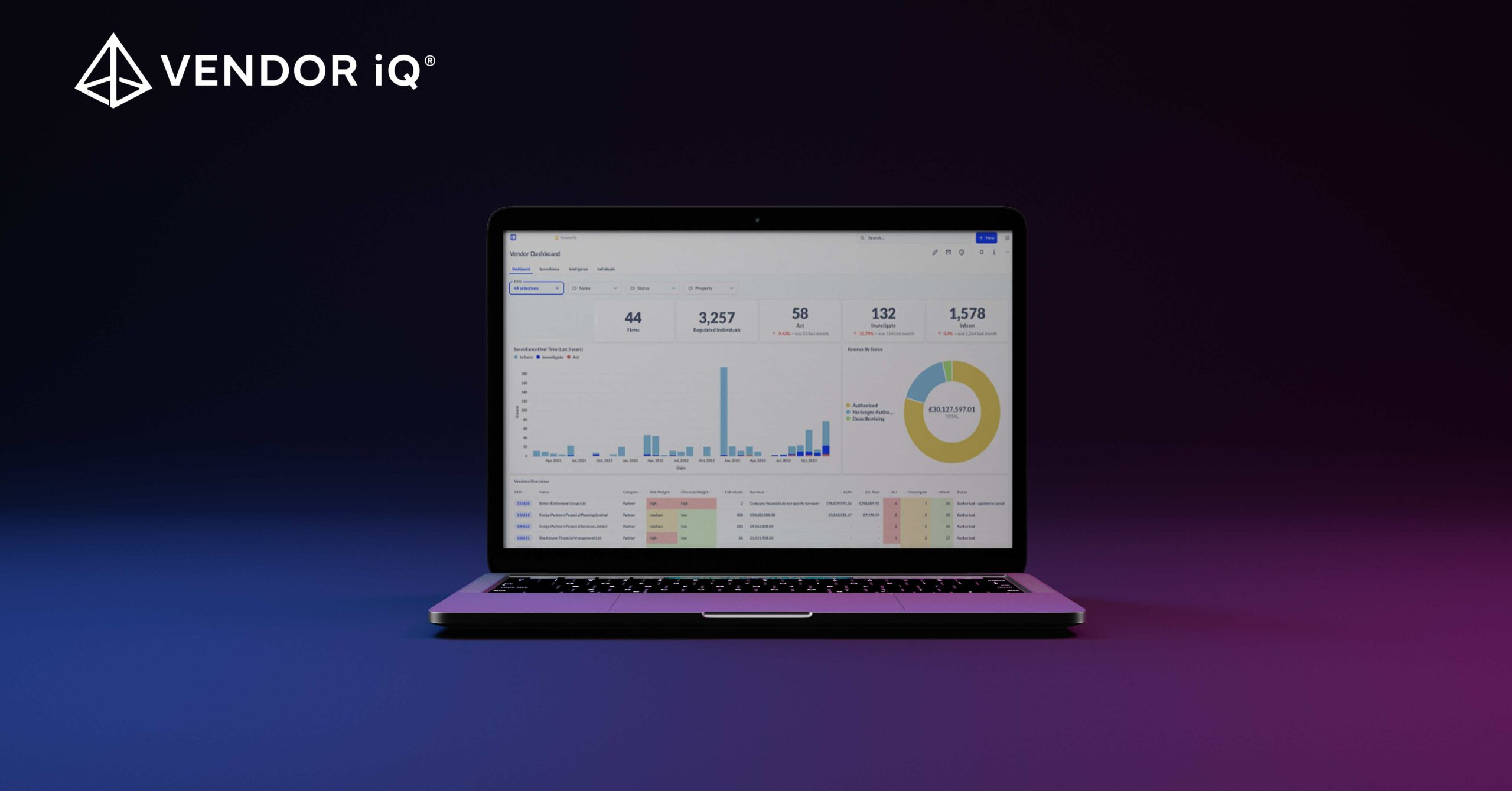In a critical address at the London Institute of Banking and Finance, Sasha Mills, the Bank of England’s financial market infrastructure chief, underscored the pressing necessity for operational resilience within the UK’s financial sector. As the March 2025 deadline for operational resilience swiftly approaches, Financial Market Infrastructures (FMIs) are urged to intensify their preparations to handle disruptions that could range from cyber-attacks to natural disasters.
Understanding Operational Resilience for FMIs
Operational resilience transcends mere incident prevention; it’s about ensuring effective function during disruptions and recovering swiftly to maintain stability in the financial system. The Bank of England has set forth precise expectations for FMIs, which play a crucial role in preserving the integrity and flow of the financial markets.
A Scenario of Urgency
Mills vividly illustrated a scenario: at 7 a.m., a pivotal payment system fails, disrupting transactions nationwide. This scenario underscores the essence of operational resilience—the capacity to swiftly diagnose problems, implement robust contingency plans, and restore services to avert extensive disruption.
Key Focus Areas for FMIs
- Impact Tolerances: FMIs must delineate how long their key services can endure disruptions without precipitating significant damage. This involves a thorough understanding and documentation of their operational dependencies on people, processes, technology, facilities, and information.
- Scenario Testing: FMIs are required to advance their testing methodologies to include comprehensive and realistic scenarios, testing the limits of their systems to ensure resilience against extreme but plausible disruptions. This testing should engage all pertinent stakeholders, including third-party service providers and financial system participants.
- Investment in Resilience: It is imperative for FMIs to allocate adequate resources and investment towards enhancing their operational resilience. This includes technological upgrades and the integration of advanced risk management methodologies.
VENDOR iQ’s Contributions to Enhancing Operational Resilience for FMIs
VENDOR iQ is at the forefront of delivering advanced solutions tailored to the needs of FMIs, focusing on:
-
- Real-time Monitoring and Alert Systems: Leveraging extensive data analytics and real-time monitoring capabilities to detect potential disruptions early.
- Scenario Testing Support: Providing tools and services that aid FMIs in conducting effective and comprehensive scenario tests, ensuring they can meet their impact tolerances.
- Strategic Resilience Planning: Working closely with clients to develop and implement resilience strategies that not only comply with regulatory standards but also embody best practices.
Looking Forward
As Mills poignantly noted, operational resilience is not merely about fulfilling a regulatory deadline but about securing ongoing stability and confidence in the financial system. The focus on operational resilience represents a continuous journey, evolving with the technological landscape and the external threats that could impact the financial sector.
FMIs must think beyond conventional risks and prepare for the “unthinkable,” ensuring readiness to handle scenarios that were once considered unlikely but could very well become tomorrow’s reality. This proactive stance is crucial for safeguarding the integrity of the financial markets and supporting the broader economic framework.
Conclusion
The Bank of England’s emphasis on operational resilience is a clear demonstration of its commitment to ensuring the stability of the UK’s financial system. With partners like VENDOR iQ, FMIs have access to the expertise and tools necessary to enhance their operational resilience practices, preparing them to meet both current and future challenges effectively.
For further insights on how VENDOR iQ can support your operational resilience needs, visit our website or contact us directly at info@vendoriq.co.uk.





